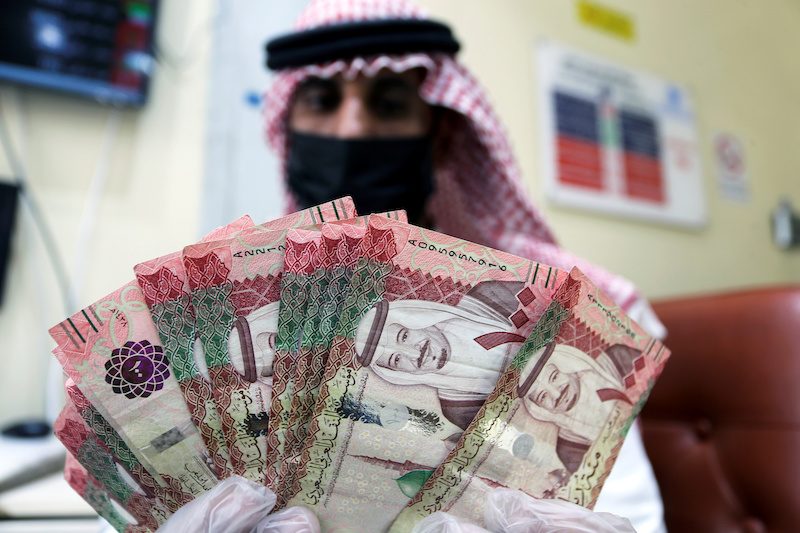Saudi Arabia is contemplating tax breaks as a tool to enhance the allure of its domestic debt market, aiming to attract a wider pool of investors and cultivate its growth. This strategy reflects the kingdom's ambitions to transform its financial sector and lessen its dependence on oil revenue.
The Saudi debt market, though well-established, is not as deep or liquid as some other financial hubs in the region. This translates to a narrower range of investment options and potentially higher borrowing costs for Saudi entities. By offering tax incentives, Saudi Arabia hopes to entice a larger base of local and foreign investors, which would infuse the market with more liquidity and potentially drive down borrowing rates.
This initiative aligns with Saudi Arabia's Vision 2030, a comprehensive economic and social reform plan that seeks to diversify the kingdom's economy away from oil. A robust debt market is considered crucial to this objective as it furnishes businesses and the government with alternative avenues to raise capital for financing ventures and infrastructure projects.
The specific nature of the potential tax breaks remains under deliberation. Possibilities include tax exemptions on interest earned from holding Saudi debt instruments or waivers on capital gains taxes associated with trading these securities. The Saudi Arabian government is likely to weigh the efficacy of these options in stimulating investment without excessively denting state coffers.
Luring foreign investors holds particular significance for Saudi Arabia's ambitions. Foreign participation would not only broaden the investor base but also introduce fresh capital and potentially enhance the credibility of the Saudi debt market on the global stage. This, in turn, could entice foreign companies to list their shares on the Saudi Stock Exchange, further bolstering the kingdom's financial market ecosystem.
The effectiveness of tax breaks in attracting investors will depend on a multitude of factors beyond just fiscal incentives. Streamlining regulatory procedures, ensuring transparency in debt issuance, and fostering a robust legal framework that safeguards investor rights are all vital aspects of cultivating a flourishing debt market.
Saudi Arabia has undertaken various initiatives in recent years to modernize its financial sector. These include facilitating easier access for foreign investors and revamping regulations to encourage initial public offerings (IPOs). The potential introduction of tax breaks on debt instruments signifies another step in this ongoing transformation.
The success of this strategy will hinge on striking a balance between incentivizing investment and maintaining fiscal prudence. If implemented effectively, tax breaks could prove to be a powerful tool in propelling the Saudi debt market to new heights, solidifying its position as a key pillar of the kingdom's economic diversification endeavors.

